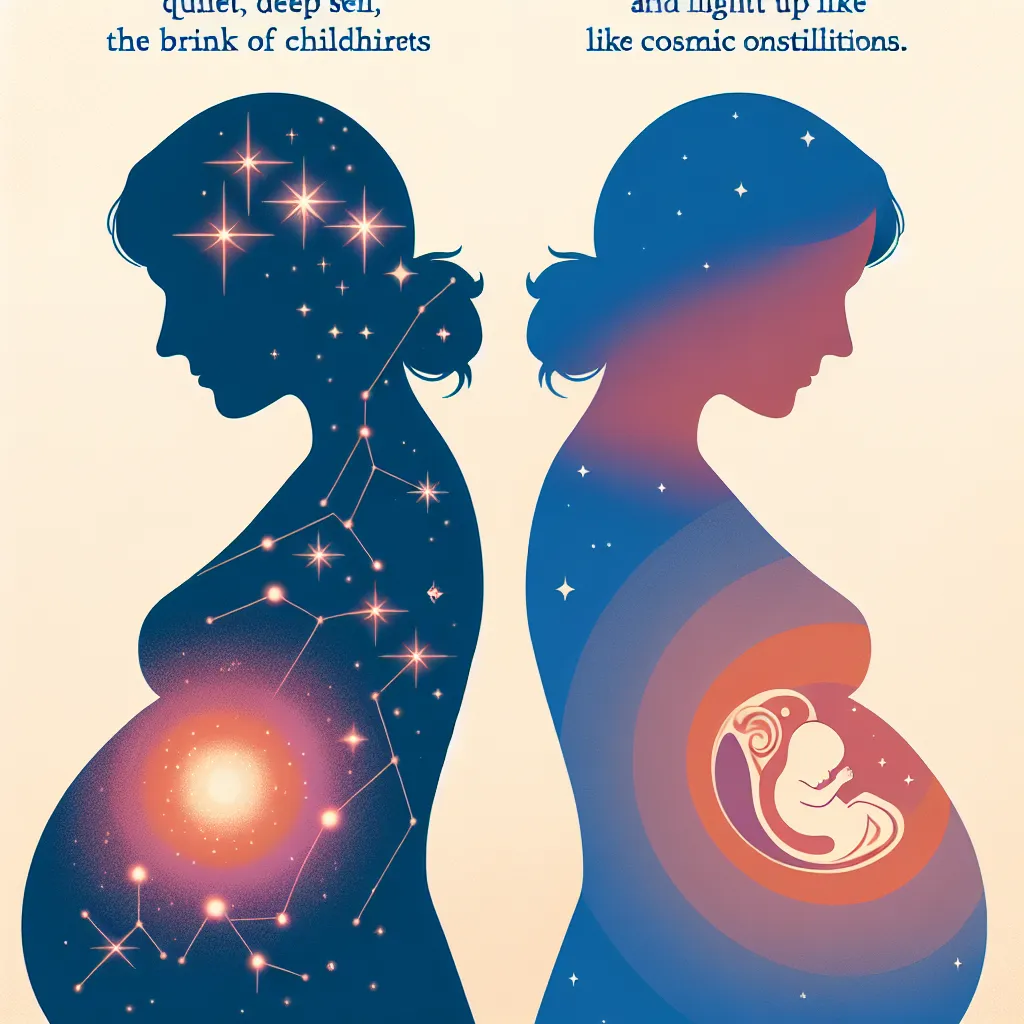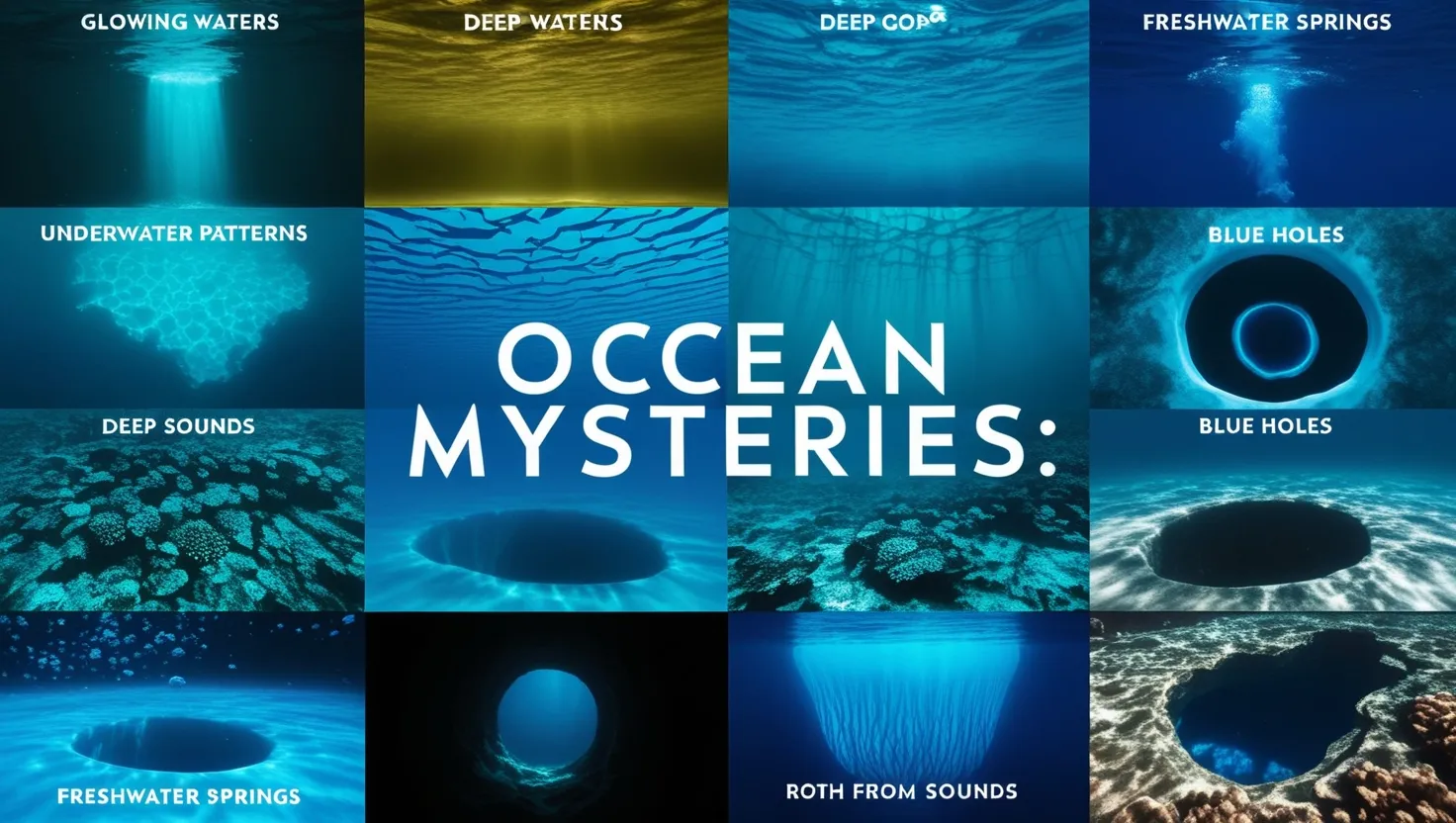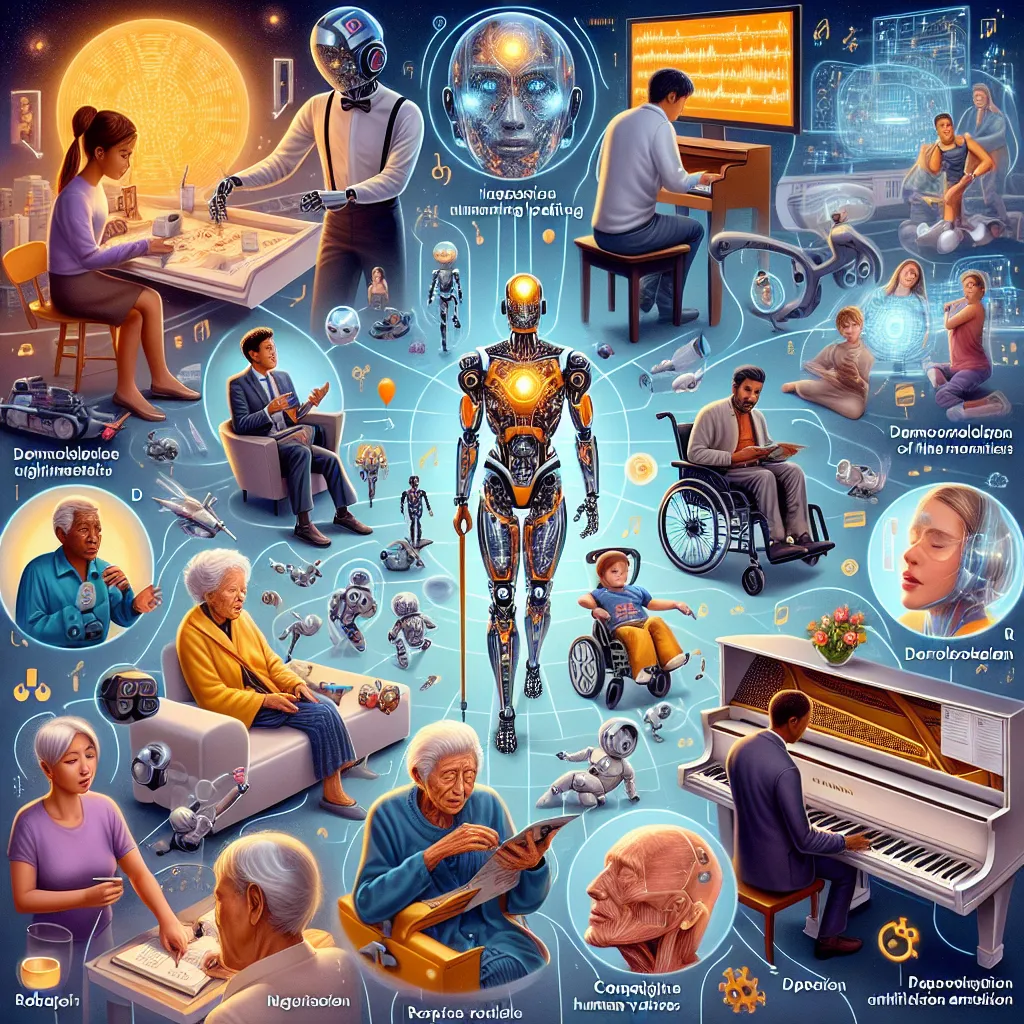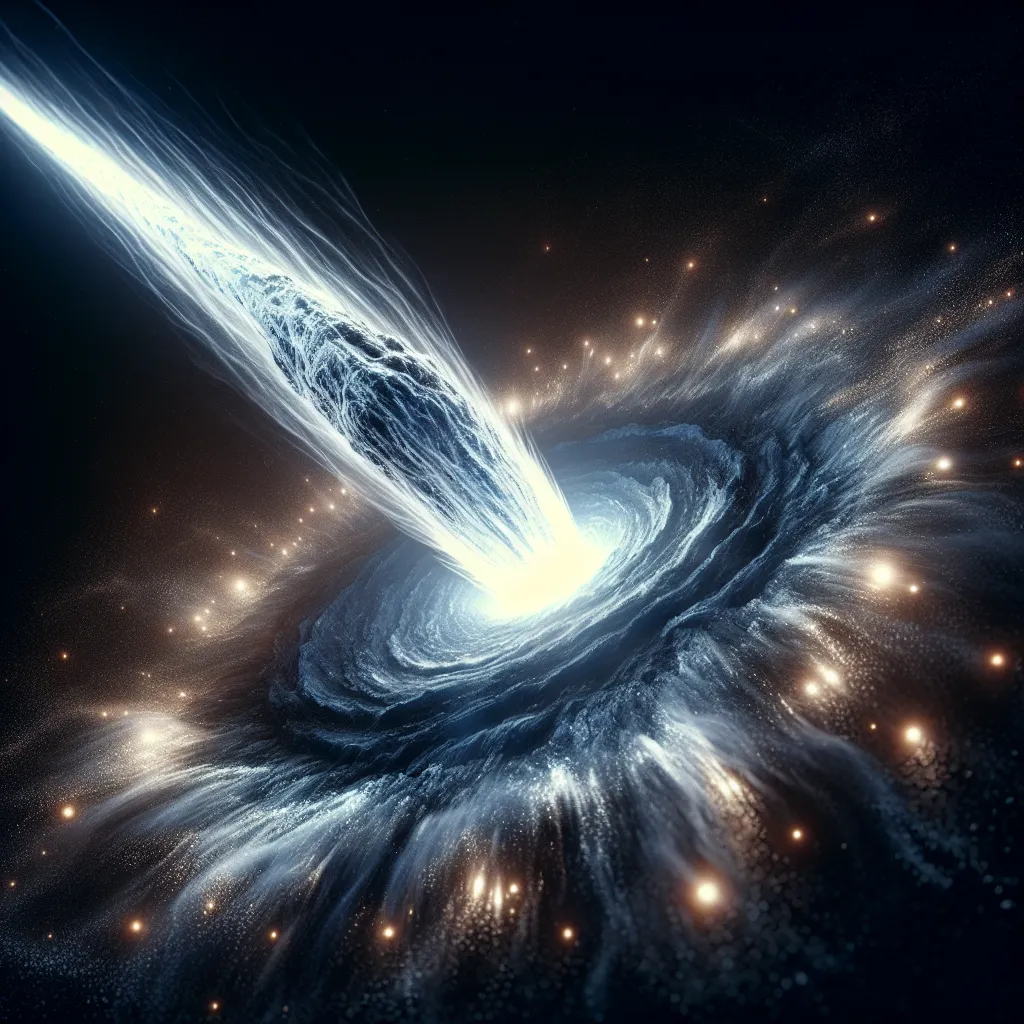It feels like there are two versions of me. There’s the real me, the one hidden away, who thinks, feels, loves, and looks ahead. And then there’s the version everyone sees—the one who struggles, driven by strange desires and bodily needs. It’s like there’s a lifetime of being held back and weighed down by these physical limitations. Will the real me ever be free?
The final phase of pregnancy is an intense period for the mother. Many women feel quite uncomfortable during the last couple of months. The baby’s weight, combined with back pressure and cramped space, can result in aching backs and legs. Anxiety about the impending birth is common, and breathlessness is typical as the lungs work harder to absorb 20% more oxygen.
During this stage, babies spend about 90% of their time asleep. And just like that, time seems to stand still.
I picture myself, sleeping like a baby, practicing for teenagehood. Those 4D scans reveal something fascinating: babies experience REM sleep—the rapid eye movement phase. We adults know this as dream time.
In kids, it seems this flicker could mean something simple: the fetal brain is gearing up, even with a month to go before birth. For adults, dreaming helps us understand the world and develop coping strategies. For a fetus, it’s a crucial process to fuel brain growth.
So, what do I dream of? I dream of my brother’s dreams. I dream of my mother who nurtures me. I hear her cry and sing and think about our past and future. I dream about what might come. And yes, I hear my mother crying; I hear her sing.
In each minute inside the womb, the fetus creates two and a half million nerve cells. After eight months, its brain houses more than a hundred billion neurons with a hundred trillion connections—comparable in number to the stars in our galaxy.






